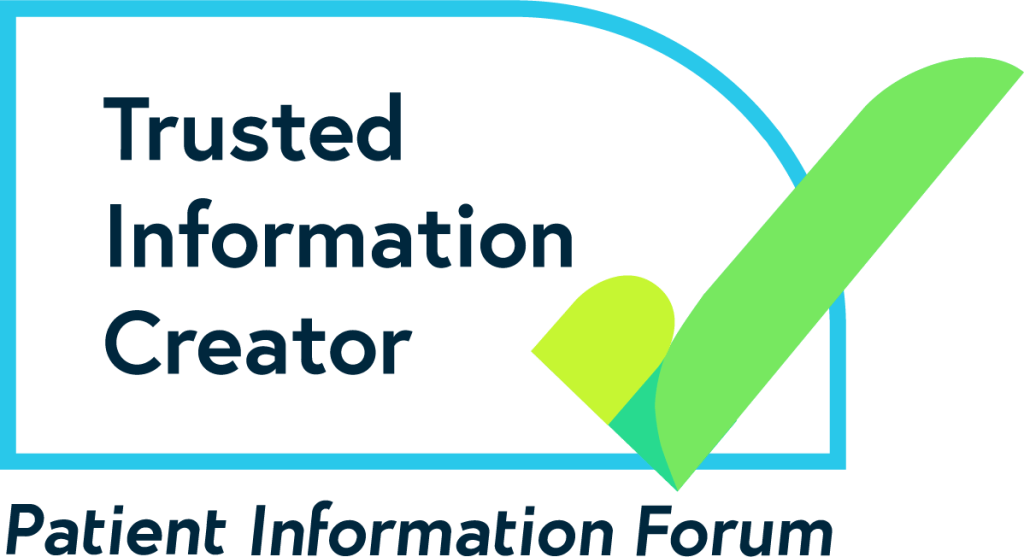
WMUK has been awarded accreditation by PIF TICK, the recognised mark for up-to-date, expert and accessible healthcare information in the UK. This means all our accredited healthcare information has gone through a rigorous process to ensure it meets the needs of those using the information, is clinically accurate and up to date, and is accessible and relevant to as many people as possible.
What information we produce
WMUK produces independent information that is up-to-date, accessible and expert for people affected by WM. With over half of people affected by WM not given specific information upon diagnosis, we aim to fill the gap in knowledge to empower people to live better with WM or support their loved ones.
Our information comes in a range of formats, from longer booklets to one or two-age factsheets, webinars and podcasts.
We produce information that people with WM tell us they need to feel more confident advocating for themselves and their loved ones, and to feel more knowledgeable about their disease. Topics covered are diagnosis of WM, treatment, symptoms, conditions related to WM, living well with WM (such as diet, exercise and understanding how to manage risks when immunocompromised), supporting people with WM, and aspects of life that are affected by a WM diagnosis (such as work, benefits and travel insurance).
Ensuring quality
Our information is written by a medical writer alongside the WMUK team, including haematology nurses. It is then reviewed by clinical experts in the relevant field, as well as people with relevant lived experience.
We rely on sources to gather the evidence that underpins all our information. These reflects the most up to date research and knowledge about WM and LPL, including:
For a full list of sources for our information, please email us: info@wmuk.org.uk
Using AI
WMUK’s information is written and reviewed by staff members and volunteer experts. Although AI can help us work more efficiently, but it also comes with a risk.
We use AI tools that help us to spot grammar and punctuation errors, as well as syntax suggestions. We may also use AI to automatically produce subtitles for pre-recorded webinars or videos, to help with accessibility. However any such use is then reviewed by our Medical Writer to ensure it does not effect the readability or compromise the meaning of the original text.
We do not use, nor have any plans to use, AI to write our information.
Any time AI is used in our information production process, we are transparent about it, will clearly state that AI has been used.